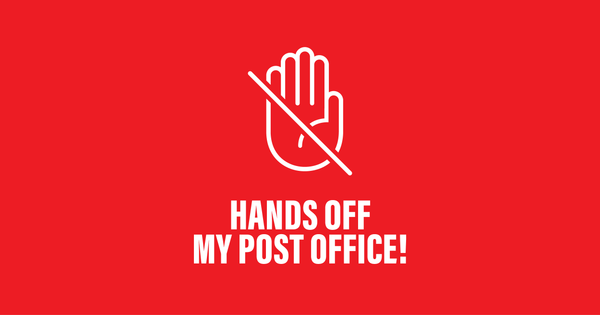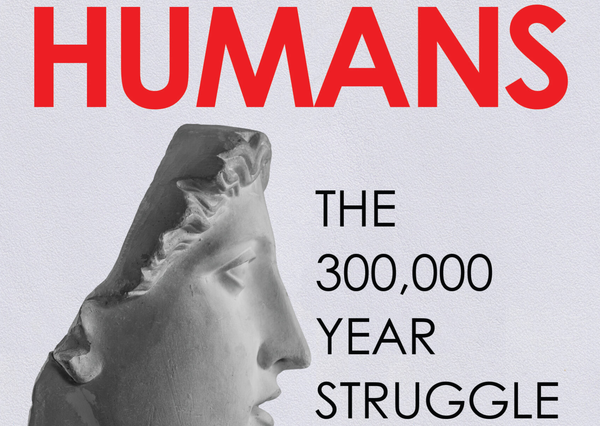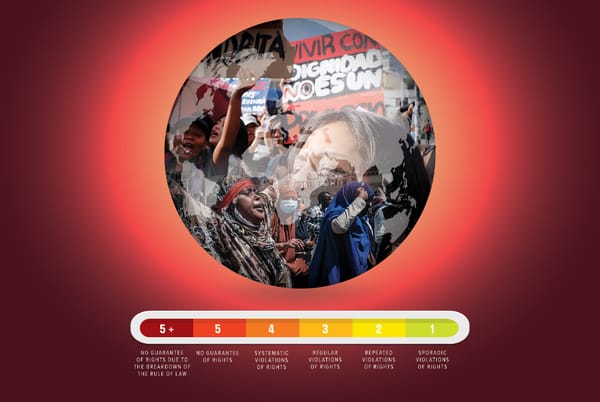
Laurentian University in Sudbury, Ontario announced last week that they would cut more than 60 academic programs and terminate more than 100 faculty members. Programs on the chopping block include everything from Environmental Science and Radiation Therapy to Music and Labour Studies. Even a program called “Entrepreneurship” wasn’t spared from the knife of austerity.
A hub of education in Northern Ontario, Laurentian is known for its trilingual framework incorporating English, French and Indigenous languages instruction, and serves many students of working-class backgrounds. The news of the university’s dire financial state, government inaction and the severe cuts now being imposed, were felt deeply across academia and the labour movement.
This crisis has been approaching for some time. This past December, Laurentian requested $100 million from the province to cover its operating costs and for “termination and severance payments,” indicating that significant downsizing was on the agenda.
The Consersative provincial government offered $12 million to cover operating costs but denied the larger request until an independent third-party review was conducted of Laurentian’s financial state.
The independent report, completed in January, uncovered the full extent of the school’s financial trouble — particularly its sizable debts to private lending institutions — and indicated that the government and the university were at an impasse in terms of further financial aid.
All of this is certainly no surprise to the provincial government. Last Monday, the Ontario Confederation of University Faculty Associations (OCUFA) called for the resignation of the Minister of Colleges and Universities, Ross Romano, charging that he has ignored the crisis facing Laurentian, and its faculty and students.
However, Laurentian’s financial crisis is not simply the result of negligence or ‘mismanagement.’ It is the predictable result of a coordinated attack on public higher education in Ontario — a neoliberal assault that is hitting a small Northern university hardest. Conservative and Liberal governments have underfunded higher education in the province for decades, while shifting a greater portion of the operating costs of colleges and universities onto students in the form of rising tuition fees.
As a clever bait and switch, Ontario Premier Doug Ford’s government cut tuition fees by 10 per cent for 2019-20 and then froze them afterward (along with cutting grants for low-income students), but provided no commensurate increase in public funding. Universities were expected to absorb the costs of lost tuition revenues. This created additional financial pressure for many institutions already struggling with persistent funding shortfalls.
Perpetual underfunding has also gone hand-in-hand with the progressive corporatization of higher education in Canada. University Boards of Governors and administrations are increasingly made up of corporate and financial actors recruited to treat public universities like private businesses. In Laurentian’s case, this has included borrowing nearly $100 million from private banks to engage in a “building spree” on campus that had no positive impact on enrollment. As the Global and Mail reports, the university administration also spent millions meant to fund research on its general operating costs (it apparently had no strict separation between these different monies).
In February, Laurentian effectively declared bankruptcy and sought protection from private creditors while it ‘restructured,’ i.e. while it attempted to impose punishing cuts on its staff and students. It did so by entering insolvency proceedings under the Companies’ Creditors Arrangement Act (CCAA), legislation drafted for private corporations and banks dealing with a financial crisis. The CCAA process is meant to allow private business to remain in operation as they restructure by cutting staff and other expenditures.
This is the first time in Canada that a publicly funded university has used this legislation. And it sets an extremely dangerous precedent.
The Laurentian Faculty Association, the union representing full-time faculty, criticized use of the CCAA at a public institution. The faculty union claims that they tried for months to negotiate with the university administration, using emergency provisions in the previous collective agreement — which expired in summer 2020 — to help address the crisis and avoid the much harsher process of bankruptcy and insolvency proceedings. Laurentian refused.
The restructuring process as set out under the CCAA is also conditional on there being a new collective agreement in place with the faculty and staff unions. As a result, mediation between the union and administration has taken place during the insolvency process, under strict confidentiality. As termination notices went out the door for approximately 100 faculty members on April 12, voting on the new tentative collective agreements was also underway. Many faculty and staff are therefore voting on whether to accept new collective agreements without knowing what the consequences might be if members reject them.
Use of the CCAA — with its attendant opening of collective agreements to significant concessions — at a publicly funded university is further evidence of the degree to which education has been corporatized and made to function as though it were a private enterprise. Taking a university through an insolvency proceeding — after it went into debt to private creditors instead of relying on government funding — removes all democratic control. Laurentian is an indispensable part of the Sudbury community. It ought to be there to serve as a publicly oriented space of learning and research, not a profit-seeking business.
To say that the precedent this sets for further removing community control over higher education and imposing austerity on public sector workers is dangerous is an understatement. The Ford government could use the crisis at Laurentian to impose even more austere budgets on post-secondary institutions and further undermine public sector collective bargaining rights.
Academic unions and the broader labour movement, NDP members of provincial parliament, and student organizations must come together to fight this undermining of public education and public sector work.






